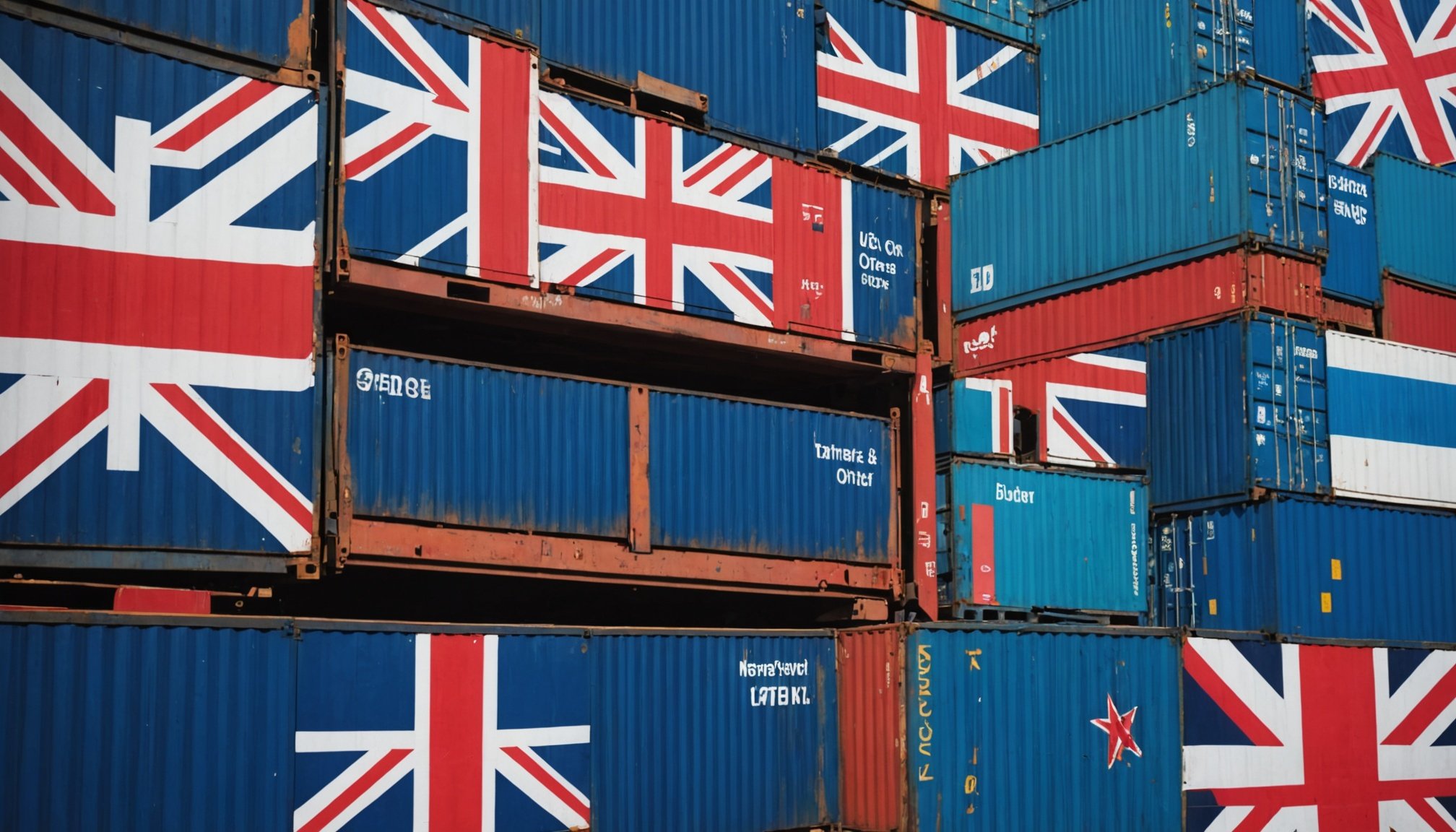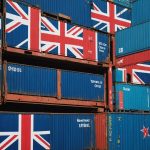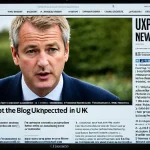Overview of UK Trade Policies and International Relations
The UK trade policy has undergone significant shifts since Brexit, aiming to establish a distinct global economic identity independent from the EU. This repositioning focuses on forging new global trade agreements with key markets like the US, Australia, and members of the Commonwealth. These policies emphasize reducing tariffs and removing trade barriers to boost competitiveness and market penetration.
Post-Brexit, the UK’s economic and political landscape is marked by both opportunities and challenges. The withdrawal from the EU Customs Union necessitated renegotiations of trade terms, compelling the UK to pivot towards a broader network of bilateral and multilateral agreements. This redirection enhances the UK’s ability to tailor trade deals that support domestic industries while navigating a complex international environment.
In the same genre : How is digital transformation reshaping UK newsrooms?
Global trade agreements now play a pivotal role in shaping the UK’s international relations, influencing diplomatic ties and economic partnerships. By joining groups like the Comprehensive and Progressive Agreement for Trans-Pacific Partnership (CPTPP), the UK seeks to expand its influence beyond Europe, aligning economic interests with strategic diplomatic goals. This evolving framework reflects a trade policy designed to sustain economic impact while reinforcing the UK’s standing on the world stage.
Direct Effects of UK Trade Policies on Diplomatic Ties
UK trade policy has profoundly influenced UK diplomacy post-Brexit, particularly in reshaping bilateral relations with both the European Union and Commonwealth countries. The UK’s exit from the EU introduced complexities in EU trade agreements, requiring fresh negotiations to maintain beneficial economic and political ties. For example, adjustments in customs and regulatory standards have occasionally strained diplomatic exchanges with European neighbors.
Topic to read : What Are the Most Surprising Stories in UK News Today?
Conversely, the UK’s strategy to strengthen ties with Commonwealth nations reflects a renewed emphasis on shared history and mutual economic interests. This shift has enhanced cooperation with countries like Australia and Canada, positioning them as key partners in the UK’s evolving trade network.
Trade negotiations with major global players such as the US and China also highlight the direct impact of UK trade policy on diplomatic relations. Successfully concluding agreements with these large economies bolsters the UK’s global standing while navigating complex political landscapes. These negotiations balance economic opportunities with maintaining strategic alliances, ultimately influencing the UK’s broader international relations framework.
Economic Outcomes and Global Market Access
The UK’s export/import policy has adjusted substantially post-Brexit, with new tariffs and trade barriers influencing both market access and economic growth. Modifications in tariffs—particularly outside the EU framework—have created both opportunities and challenges for UK businesses seeking global expansion. Some sectors benefit from reduced tariffs under new global trade agreements, while others face higher costs due to regulatory divergence.
Trade barriers, including customs checks and differing standards, have complicated supply chains and slowed import-export flows. These increased frictions affect industries reliant on timely cross-border logistics, impacting overall economic growth. However, targeted trade deals aim to ease these burdens in strategic markets to retain competitiveness.
Market access is a core focus of recent policies, with the UK negotiating agreements to diversify beyond Europe and mitigate risks from tighter EU trade. This broadened access supports investment and fosters economic resilience amid global uncertainties. Emphasizing pragmatic tariff adjustments and barrier reductions enables smoother entry into key markets, reinforcing the balanced interplay between protectionism and openness essential for sustained growth in a post-Brexit landscape.
Indirect Political and Security Implications
UK trade policy extends beyond economics, significantly affecting its geopolitical influence and strategic posture. Changes in trade arrangements shape alliances by either enhancing cooperation or creating friction with key partners. For example, shifts in tariff policies or regulatory standards can signal political priorities, influencing diplomatic perceptions and trust levels.
Trade policy impacts international cooperation by acting as both a bridge and a barrier. Smooth agreements encourage collaboration on broader issues like security, climate change, and technology sharing. Conversely, unresolved trade disputes can heighten tensions, undermining diplomatic efforts and complicating conflict resolution mechanisms.
Moreover, the UK’s refined approach to trade since Brexit affects its role in global governance. By pursuing certain global trade agreements, the UK positions itself as a mediator and influencer, expanding its voice in international forums. However, this increased visibility also exposes it to risks, as trade disagreements may exacerbate regional disputes or create new fault lines in sensitive geopolitical zones.
In summary, UK trade policy not only drives economic objectives but is intricately linked with political stability and security dynamics, requiring careful balancing to promote peace and robust international partnerships in a complex global landscape.
Expert Perspectives and Future Trends
Experts widely agree that the UK’s trade policy post-Brexit is entering a complex phase, balancing ambition with practical challenges. Economists emphasize that while new global trade agreements create opportunities, the true economic impact depends on effective implementation and regulatory alignment.
What does expert analysis reveal about the UK’s trade policy evaluation? Experts highlight three main points: first, the necessity for clear frameworks to reduce trade barriers; second, the importance of strengthening multilateral ties beyond bilateral deals; and third, the critical role of integrating trade policy with innovation and sustainability goals. For example, experts suggest that prioritizing digital trade and green technologies in upcoming agreements could yield competitive advantages.
Looking ahead, what is the international trade outlook for the UK? Most forecasts anticipate a cautious expansion of trade relationships, notably within the Commonwealth and Asia-Pacific regions. However, uncertainty remains around potential disruptions from geopolitical tensions.
Future UK policy is likely to focus on deepening integration with emerging markets while maintaining standards compatible with EU neighbors. This dual approach aims to enhance resilience against global shocks, positioning the UK as a proactive yet pragmatic player in international relations and trade.








